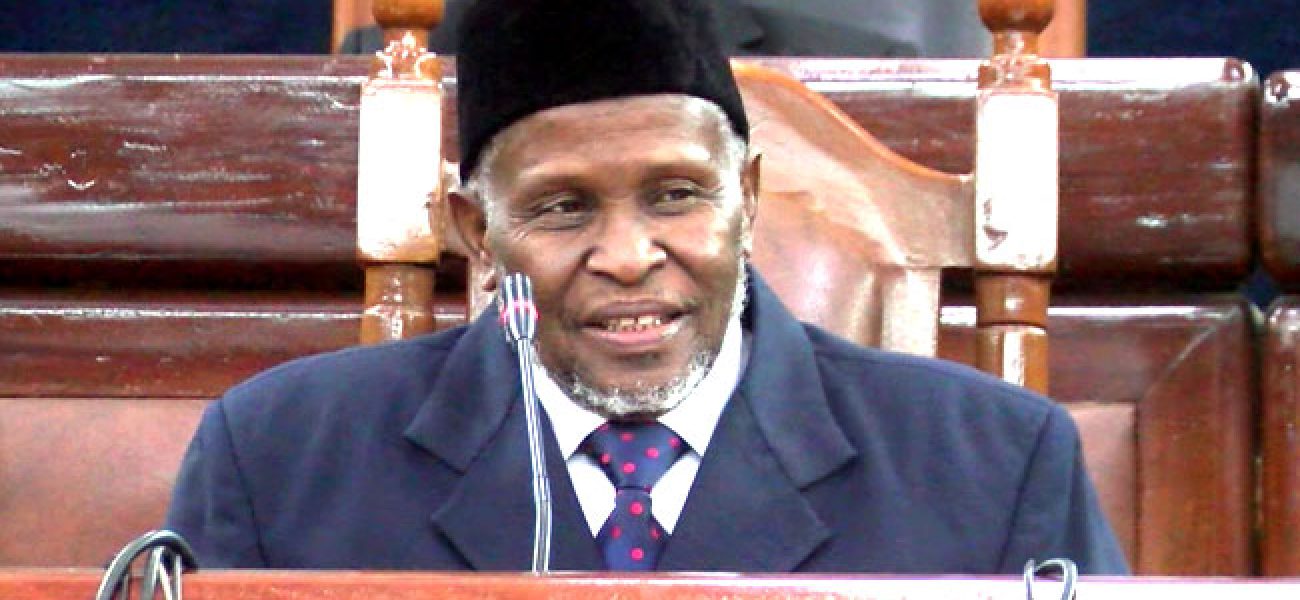Nigeria’s Chief Justice, Ibrahim Muhammad Tanko, on Monday, June 27, resigned from office. There are speculations he was pushed. Tanko controversially became Chief Justice of Nigeria on January 25, 2019 after his predecessor, Justice Walter Onnoghen was removed by President Muhammadu Buhari by unconstitutional means. Justice Onnoghen was controversially charged before the Code of Conduct Tribunal over allegations of assets declaration violation and dismissed from his position by President Buhari. Onnoghen’s dismissal was widely criticised by Nigerian human rights organisations and activists, as well as internationally. His dismissal created such wide uproar coming only a few months to the 2019 general elections and compelled diplomatic condemnation. In statements issued by the Ambassadors of the United States, United Kingdom, European Union in Nigeria, as well as activists, the diplomatic community worried that the removal of Onnoghen was targeted at Executive control of the Judiciary ahead of possible election dispute litigation expected to follow the general elections.
Tanko’s resignation came few days after 14 Justices of the 21-member Supreme Court, Nigeria’s apex court wrote to the National Judicial Council accusing Tanko of corruption and mismanagement of Supreme Court resources. The Justices alleged among other things that despite an increase to the Judiciary’s budgetary allocation, their legitimate entitlements were not being catered for, adding that there were issues with the provision of internet services, increased electricity tariff and limited electricity supply, supply of diesel, change of vehicles, etc for the Justices.
Tanko is no stranger to controversy. One of the immediate controversies that attended him was soon after he assumed the office. In an unprecedented decision, Nigeria’s Supreme Court in a lead judgment delivered by now retired Justice Kudirat Kekere-Ekun, removed Emeka Ihedioha of the Peoples Democratic Party (PDP) and Governor of Imo State from office under questionable circumstances. The Supreme Court had proceeded to collate unverified results of the Imo State governorship election by itself and announced a result that replaced Ihedioha with the All Progressives Congress (APC) candidate in the election, Hope Uzodinma, who came fourth in the election result announced by the Independent National Electoral Commission (INEC). Analysts and political observers of the current crisis in the South East point to this singular act of the Supreme Court as being responsible for the high level insecurity that has permeated the entire South East. Apart from allegations of corruption levelled against the former Chief Justice, recent allegations have emerged that two of his children who are reported to have huge influence over him, are now standing elections for the Senate and House of Representatives in Bauchi State under the banner of the two main parties – the APC and the PDP.
Nigeria’s Judiciary watchers will certainly shed no tears over the resignation of Justice Tanko. There is growing worry that Nigeria’s judiciary faces a major problem of politicisation. Judges have been accused of issuing contradictory decisions on the same matter and disregarding process. To his credit, Tanko had issued Practice Directions recently that sought to streamline and restrain the ability of judges to assume jurisdiction over matters that fall outside of their powers.

